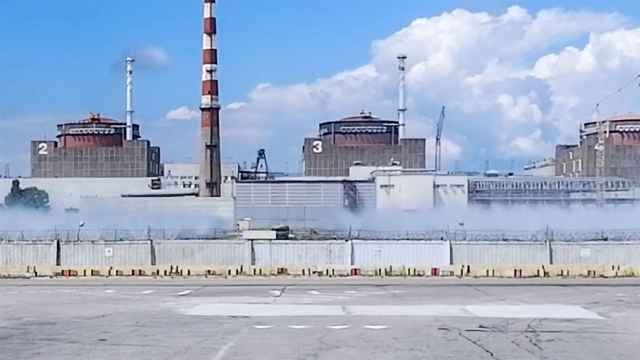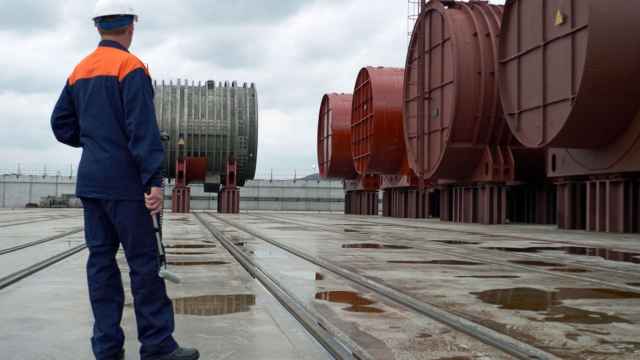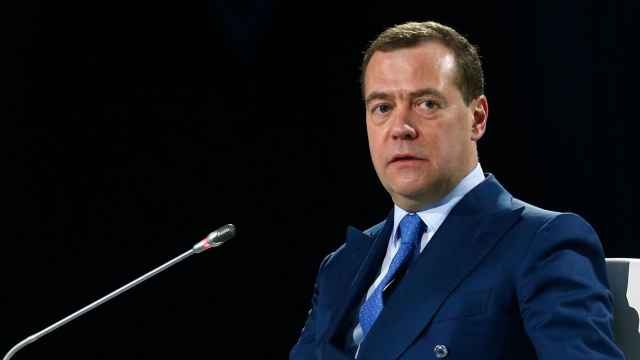A Russian engineer has been fined for using one of the country's most powerful supercomputers to mine Bitcoin at a top-secret nuclear lab in the closed city of Sarov.
Several scientists at the Sarov nuclear center 400 kilometers from Moscow were arrested last year on suspicion of using a workplace supercomputer to mine the cryptocurrency. The institute, where the first Soviet nuclear weapon was produced in 1949, is home to some of Russia’s most powerful supercomputers.
The Sarov city court has fined Denis Baykov, an employee at the nuclear center, 450,000 rubles ($7,000) for attempting to mine Bitcoin on one of the supercomputers, the court’s press service told the state-run RIA Novosti news agency Friday.
The court website says that Baykov was found guilty of illegally accessing computer information and violating computer operation rules on Sept. 17.
Two other Sarov nuclear center employees — Andrei Rybkin and Andrei Shatokhin — are awaiting sentencing, the court told RIA Novosti.
The nuclear center’s supercomputer can reportedly reach speeds of 1,000 trillion transactions per second, or one petaflop. It operates in a special network isolated from the internet for security reasons.
A lawyer for one of the defendants, Alexei Kovalyov, told state media that his clients had developed special software to avoid detection and had mined some Bitcoins before getting caught.
“I can say one thing for sure: they were not detained on the first day they began to mine,” Kovalyov told the Kremlin-funded RT television channel.
Bitcoin, a cryptocurrency built on blockchain technology, consumes more energy than the country of Switzerland, according to some estimates, and energy costs for mining Bitcoin are notoriously high.
A Message from The Moscow Times:
Dear readers,
We are facing unprecedented challenges. Russia's Prosecutor General's Office has designated The Moscow Times as an "undesirable" organization, criminalizing our work and putting our staff at risk of prosecution. This follows our earlier unjust labeling as a "foreign agent."
These actions are direct attempts to silence independent journalism in Russia. The authorities claim our work "discredits the decisions of the Russian leadership." We see things differently: we strive to provide accurate, unbiased reporting on Russia.
We, the journalists of The Moscow Times, refuse to be silenced. But to continue our work, we need your help.
Your support, no matter how small, makes a world of difference. If you can, please support us monthly starting from just $2. It's quick to set up, and every contribution makes a significant impact.
By supporting The Moscow Times, you're defending open, independent journalism in the face of repression. Thank you for standing with us.
Remind me later.






